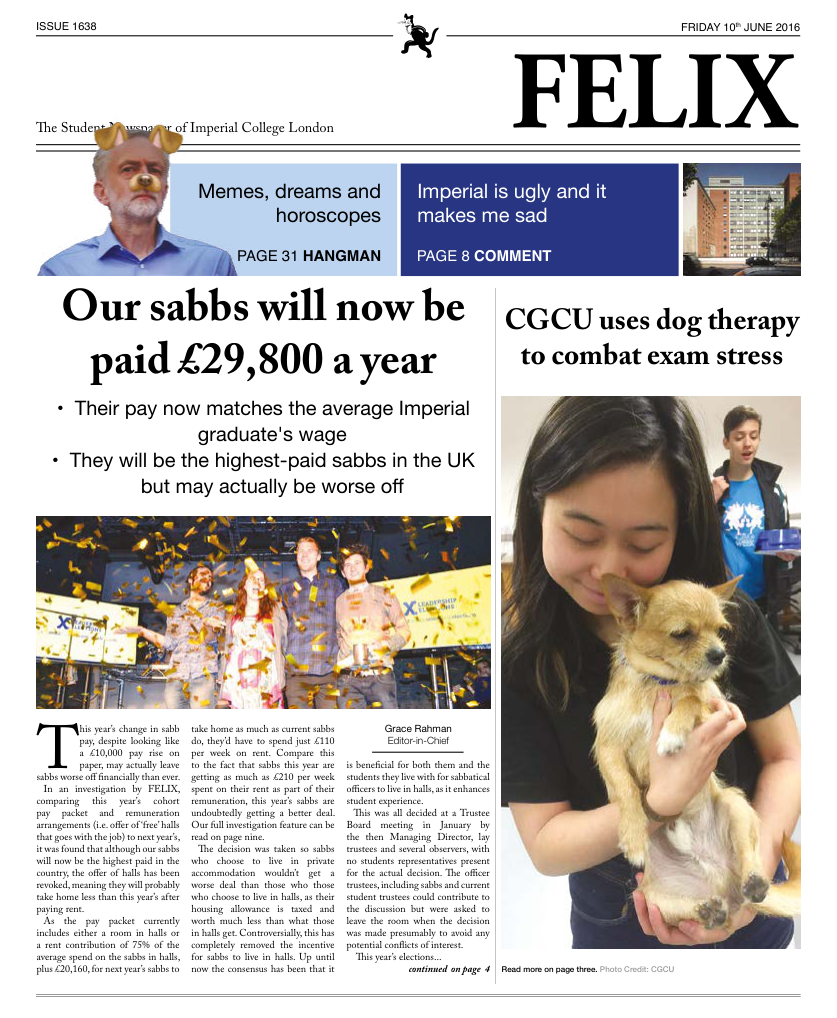Science & the City
Our regular science column
There are some of us puttering around campus that remember a time before smartphones and constantly available internet. Even before sharing just the one computer in the corner of the living room with your entire family, waiting painstakingly for the whirling ring of the AOL dialup to finish, only to be kicked off again five minutes later when someone 'needed' the phone. When connecting with people involved – wait for it – walking over to their house and knocking over the door.
Since the revolution of the internet, technology and computing devices have rapidly evolved into smaller, more powerful, and more complex tools – many of which are being generated and created here on our campus. But I’m not entirely sure we appreciate it. And to be fair, who can blame generations that simply have always known a life in which the entire world is accessible in their hands? There’s just no context.
So here’s some context – I recently saw an old black and white photograph taken in New York. It was 1956, and there were four men in overalls laboriously pushing a five MB IBM server up a wooden ramp into a truck, with a crowd of people curiously watching. The server was easily half a cubic meter – for just the five MB, which is nothing compared to the capacity of say, a new Apple iPhone 6 at 64 GB. It’s just basically just a large photo on your tablet.
After furiously scribbling some numbers on paper, I realised that an iPhone 6 would require 12,800 of these machines to reach the same capacity. At an average pace of a ten minute kilometer, it would take me about six and a half hours to walk around the entire capacity of an iPhone in 1956. So in a mere 60 years, we have compressed technology by at least six hours (that’s not really a scientific fact, don’t quote me).
Considering the amazing leaps in technological advancement, maybe we should place our appreciation of it contextually – be more cognizant of the awe-inspiring capacity we carry around with us every day, and think carefully about what we actually use it for.







